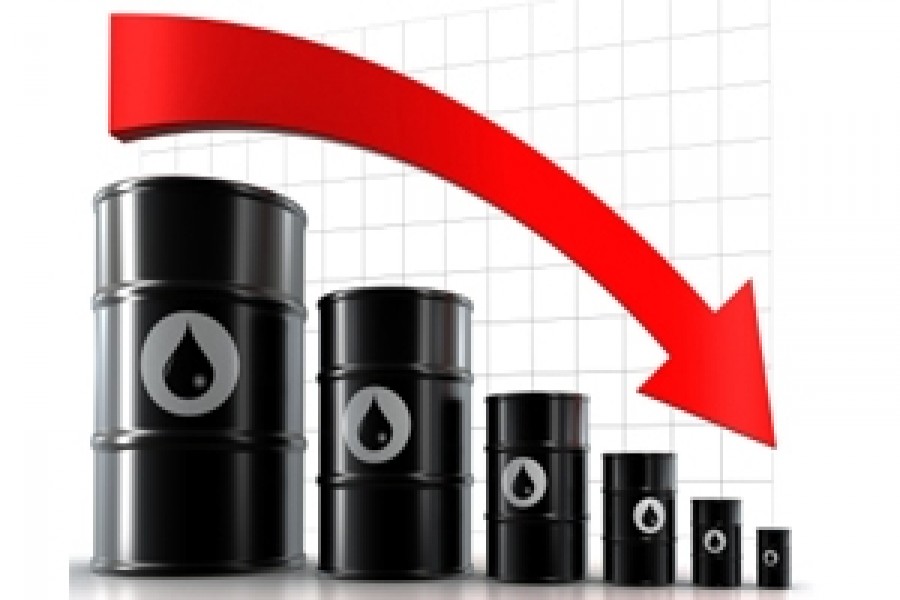The decline in consumption of diesel by almost half by power plants in the first six months of this year should be considered a positive development for the country's economy. Compared to the 500,005 tonnes of diesel consumed by the country's power plants in the first half of 2018, the consumption fell to around 265,615 tonnes during the corresponding period this year. This is not because the power plants are out of operation. The good news is that those plants are using regasified liquefied natural gas (LNG) to an increasing extent. Its advantage is twofold: first, LNG is cheaper than diesel and pollutes the environment less than any other fuel oil does. As the sole importer of petroleum products, the Bangladesh Petroleum Corporation (BPC) still has to incur loss at the rate of Tk 2.0 a litre of diesel. If the option for cheaper liquefied varieties can be made more extensive, the BPC and by extension the country will no longer need to bleed economically.
Cut on fuel cost has its all-round benefits. It will bring down the production cost of electricity and this in its turn will make power available at reasonable prices at the domestic level and industrial products less costly. In case of export too, products from the country will be more competitive in the international market. At the farm level, farmers will be able to economise on irrigation and poultry hatching and other such on-farm activities requiring electricity. As a most vital indicator of development, fuel consumption, its pricing and proper use are a fair reflection of the living standard of a nation. Now that environmental concern has become an overriding compulsion for the globe, it is also incumbent on the government here like others in the world to reduce the environmental pollution as much as possible.
So, on all these scores, the LNG is a far better option than diesel, petrol and furnace oil. The reduced consumption has already had its impact on the import of diesel. Overall, import of the fuel has dropped by 15.38 per cent in the first half of the year. It will drop further if arrangement can be made to enhance the capacity of supply from floating storage regasification units (FSRUs). Currently, two such FSRUs with the capacity of 3.75 million tonnes per year each are in operation. After some initial technical glitches, the two units are serving well in terms of regasification.
As long as the technology of green energy becomes cheap and easily available, the country has no other option other than importing the less costly and pollutant fossil fuel like LNG. It would be wise to avoid thermal power plants, if possible. The quick rental power plants have also guzzled enough imported fossil fuel by this time. In this connection the news that the government is reluctant to renew licences of quick rental power plants will be received with open arms. Their tenure should have long been terminated in the interest of bringing down the price of power and reducing environmental pollution. Instead, gas-fired large power plants could replace them for the greater good of the nation.


